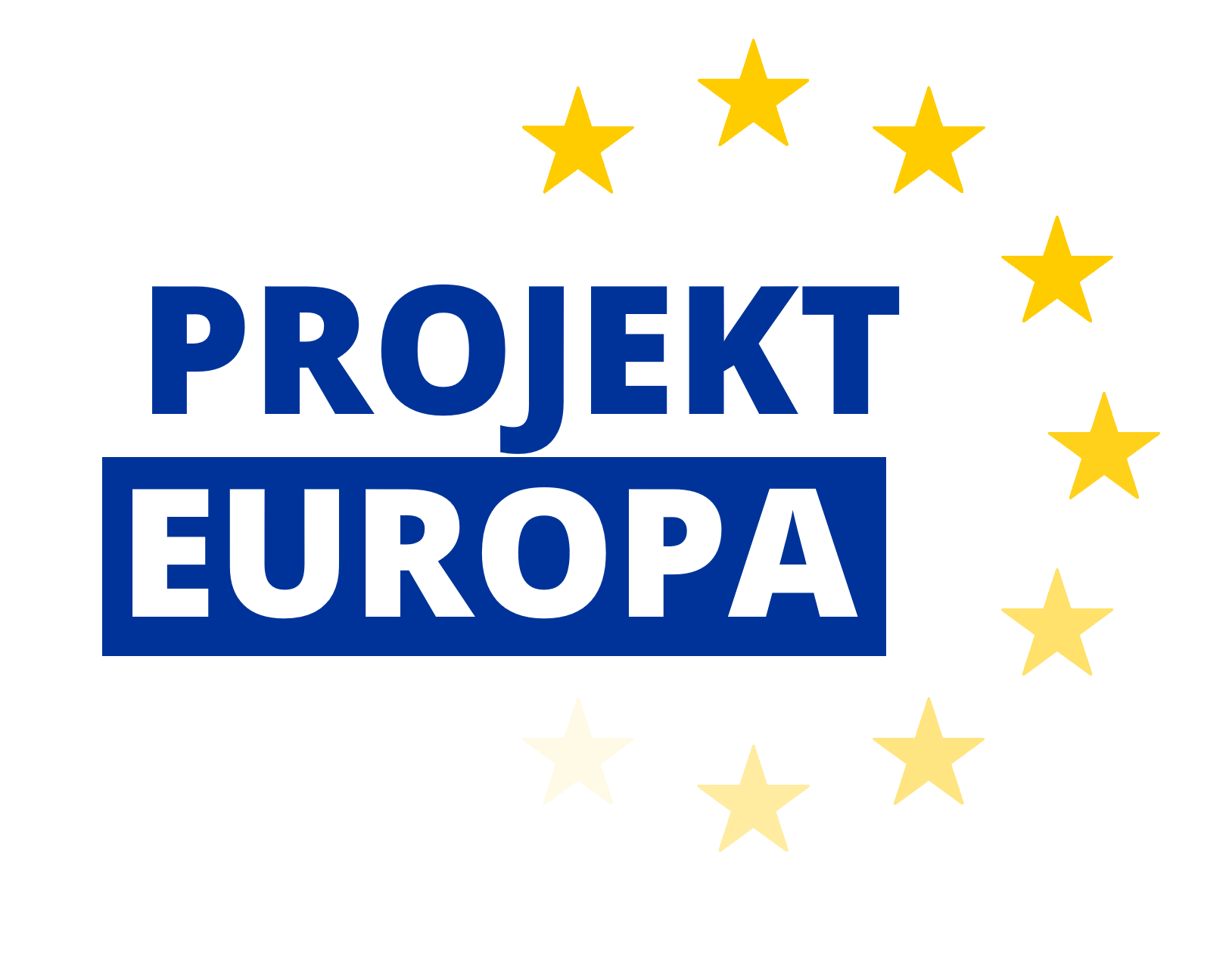Representatives of Poland's six largest political parties responded to our invitation and discussed the future of Poland. The politicians answered questions about the demographic problem, menstrual leave, housing, education or presented their vision of Poland in the European Union.
The following took part in the debate: Mirosława Stachowiak-Różecka (Law and Justice), Michał Jaros (Civic Platform), Michał Kobosko (Poland 2050), Agnieszka Dziemianowicz-Bąk (New Left), Jacek Protasiewicz (Polish People's Party) and Krzysztof Tuduj (Confederation).
What questions were answered by politicians?
- 1) What do you see as the causes of the demographic crisis in Poland? In which areas should action be taken to counteract its effects?
- 2 Housing a right or a commodity"? In which direction should housing policy be developed?
- 3 Energy transition. Should Poland bet on nuclear energy, consider green sources or not pursue the transition at all?
- 4. Countries such as Italy and Spain have introduced paid menstrual leave. Is it worth including such a provision in the Labour Code, or should it be left to the discretion of the employer?
- 5 Do you think that we can observe a decline in the prestige of the teaching profession in Poland? What might be the reasons for this and what action, if any, should be taken to change the situation of educators?
- 6 (data on queues to doctors, premiums paid) How should we increase the efficiency and accessibility of Polish health care while ensuring appropriate working conditions for medical staff?
- 7. QUESTION FROM THE AUDIENCE How does your party see Poland's future in the European Union?
See the footage from the debate (polish audio only)
The scientific supervisors of the debate were Prof Anna Pacześniak and Prof Aleksandra Maatsch. On the part of the students, the organisers of the debate were the European Studies Students' Scientific Association 'Projekt Europa' and the Scientific Association of Interdisciplinary European Activities.
The debate is funded by the Jean Monnet Chair at UWr and the German Academic Exchange Service (DAAD).

